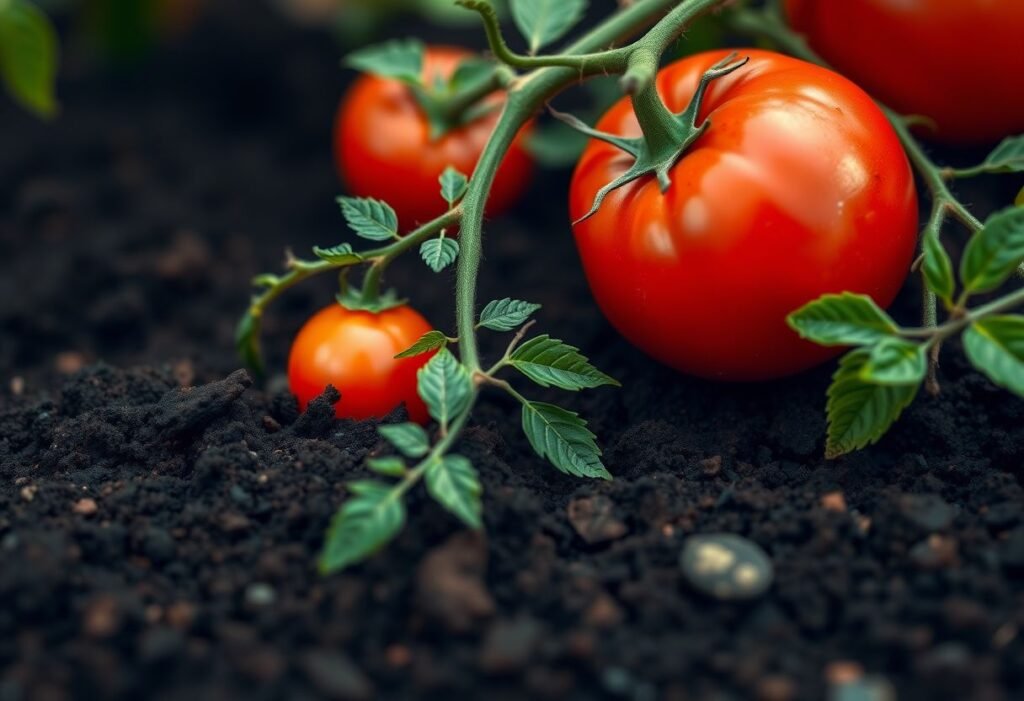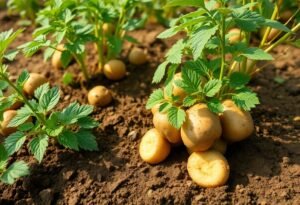The Importance of Soil pH
Understanding the role of soil pH in gardening is essential. Soil with a balanced pH affects nutrient availability. Tomatoes thrive in slightly acidic soil, ideally with a pH between 6.0 and 6.8. When the pH is too low or too high, plants may struggle with nutrient deficiencies, leading to stunted growth. A low pH indicates excessive acidity, resulting in issues like yellowing leaves.
How to Check Soil Quality?
To ensure success in your garden, start with soil testing. There are various methods to confirm soil pH, from simple test kits available at garden centers to more advanced laboratory techniques. DIY testing is a fantastic way to learn about your soil. Using a small testing kit can impress even your kids!
Preparing the Soil for Tomatoes
Once you know your soil’s pH, you can move on to preparing the ideal substrate for tomatoes. If the pH is too low, add lime to increase alkalinity. For excessively high pH, sulfur or organic materials can help lower it. What truly makes a difference for healthy crops are organic additives like compost or manure.
Signs of Nutrient Deficiencies
Recognizing symptoms that indicate soil pH issues is crucial. Changes in plant behavior can be dramatic; wilted leaves, yellowing, or smaller fruits are just a few signs of problems. Well-prepared soil for tomatoes not only supports their growth but also impacts the flavor and quality of the harvest.
Is Fertilizing Necessary?
Managing soil pH is not everything. Fertilizing is an essential aspect of growing tomatoes. Using organic and mineral fertilizers helps support plants in their quest for health. However, don’t overdo it, as excessive fertilizers can lead to unintended effects.
Best Weather Conditions
Tomatoes are warmth-loving plants, and ideal weather conditions play a key role in their growth. Sunlight, a sheltered position from the wind, and appropriate moisture levels should not be overlooked. Remember to water regularly, especially during hot days.
Conclusion
While soil pH may seem like a technical aspect of gardening, understanding it is the key to growing healthy, juicy tomatoes. Knowing optimal soil conditions, the importance of fertilizing, and routinely analyzing your substrate’s state will contribute to your gardening success. Discover just how little it takes to enjoy homegrown produce on your table!
Disclaimer
This article is for informational purposes and does not replace professional gardening advice. Always consult an expert if you are uncertain.

















